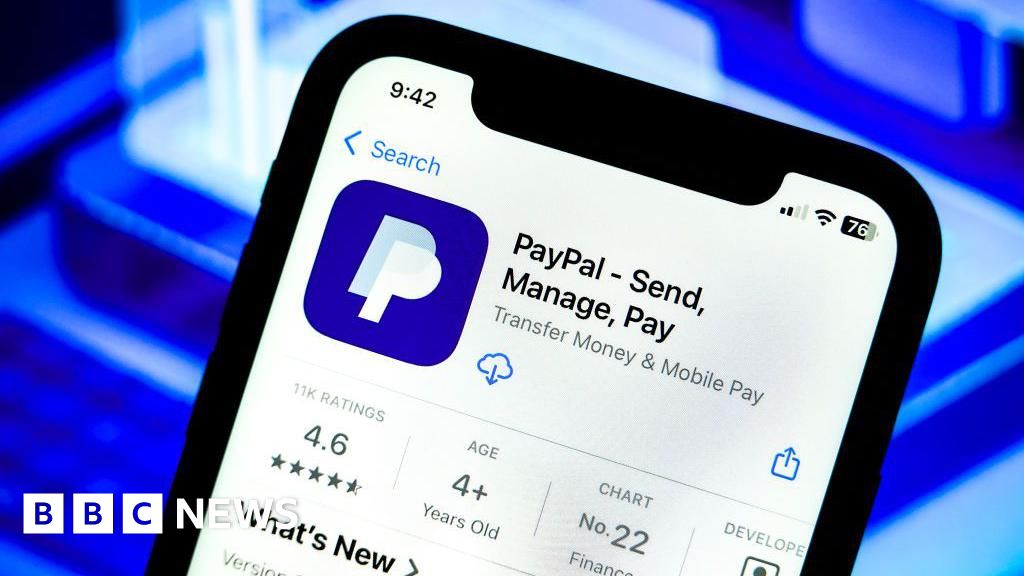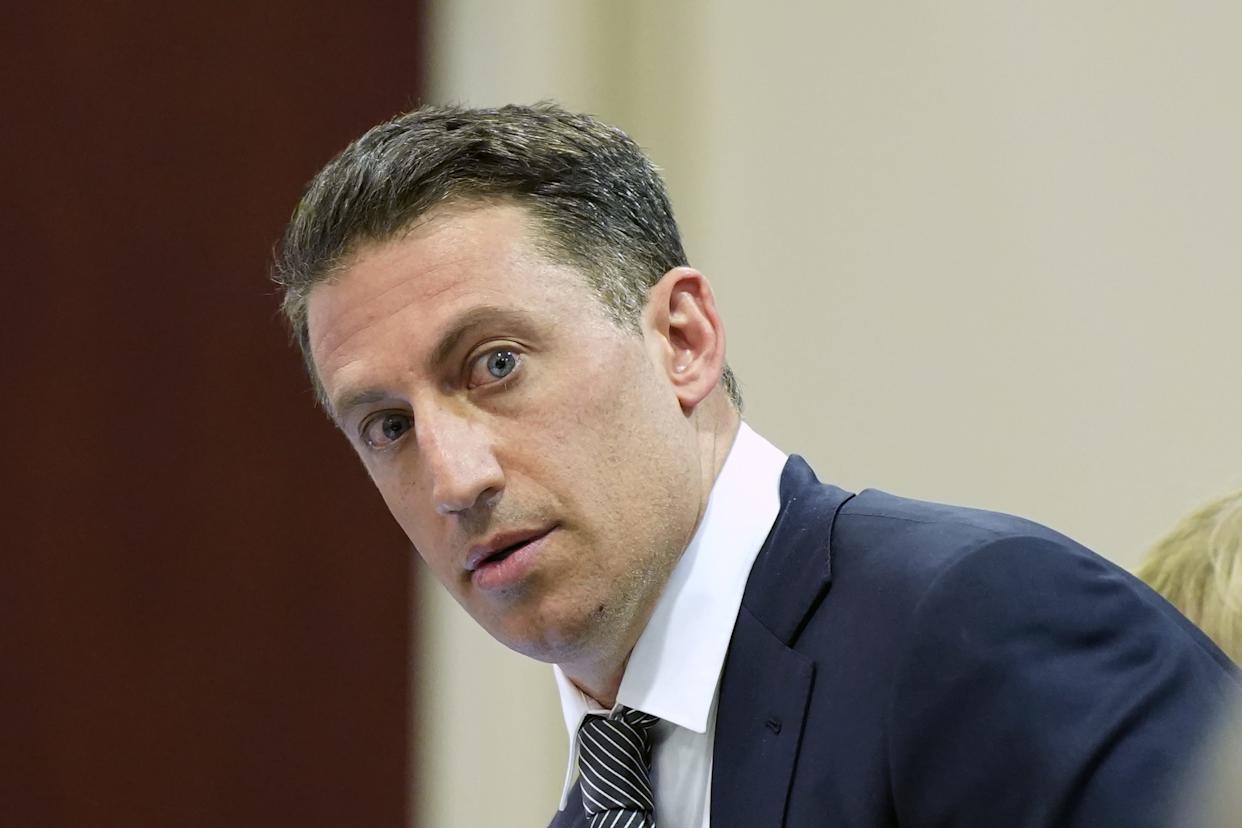European banks have witnessed widespread unauthorized direct debits from PayPal accounts, according to the German Savings Banks Association (DSGV).
The German newspaper Sueddeutsche Zeitung (SZ) reports that payments amounting to around €10 billion (£8.6bn) have been blocked after PayPal's fraud-checking system experienced failures.
Payments were halted on Monday when banks flagged millions of suspicious transactions initiated by the payment firm.
The DSGV disclosed to the BBC that there had been incidents involving unauthorized direct debits initiated by PayPal against various credit institutions.
The BBC has reached out to PayPal for comments on this matter.
PayPal indicated to Reuters that "certain transactions from our banking partners and potentially their customers" were impacted by a temporary service interruption. The company noted, We quickly identified the cause and are working closely with our banking partners to ensure that all accounts have been updated.
According to DSGV, PayPal acknowledged the disruptions and assured that the problem was resolved, stating that transactions are now functioning normally.
These incidents have had a profound effect on payment transactions across Europe, notably in Germany, leading supervisory authorities to be informed.
PayPal aims to thwart scams before they reach banks through a security system that intends to eliminate fake direct debits established by criminals, often by tricking individuals into providing personal information.
The SZ reported that PayPal's system malfunctioned on Monday, which allowed unchecked direct debits to accompany legitimate ones being sent to banks.
Following this report, PayPal's shares dropped 1.9% on Wednesday.





















